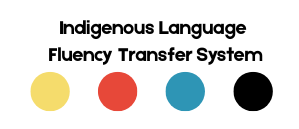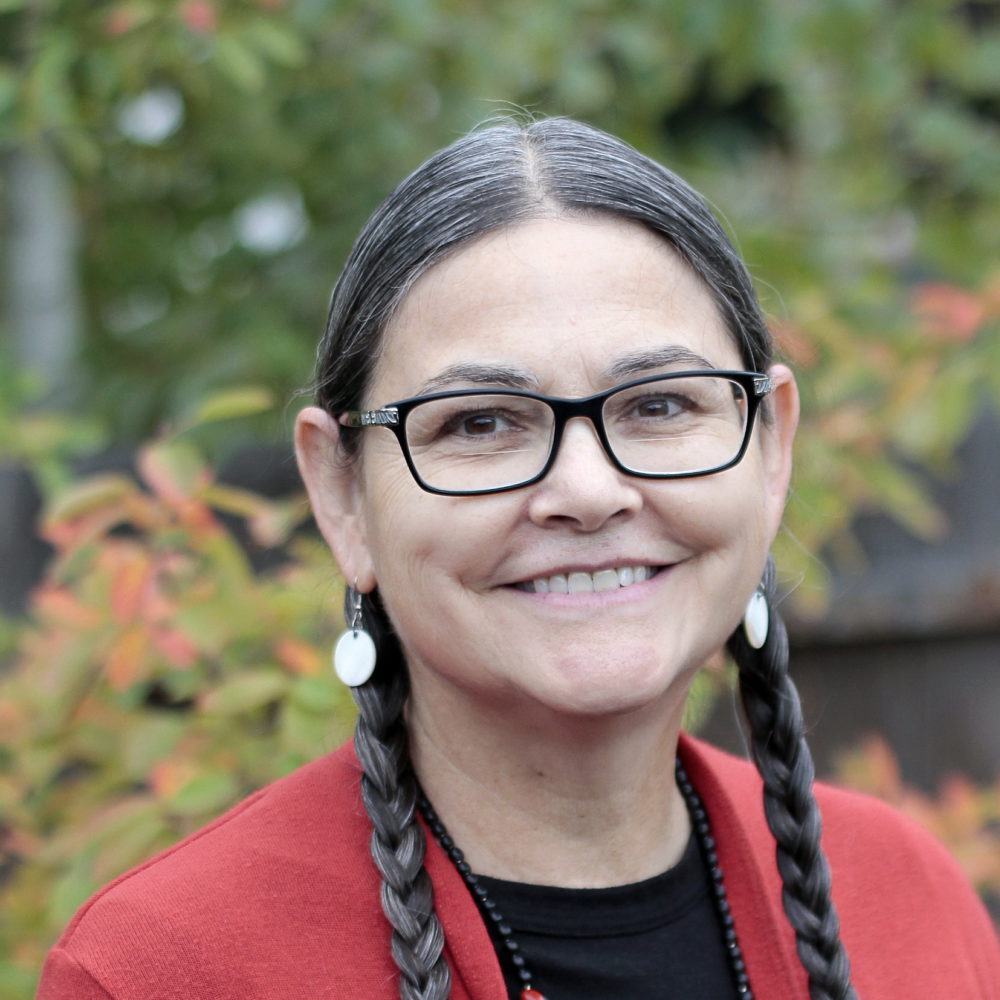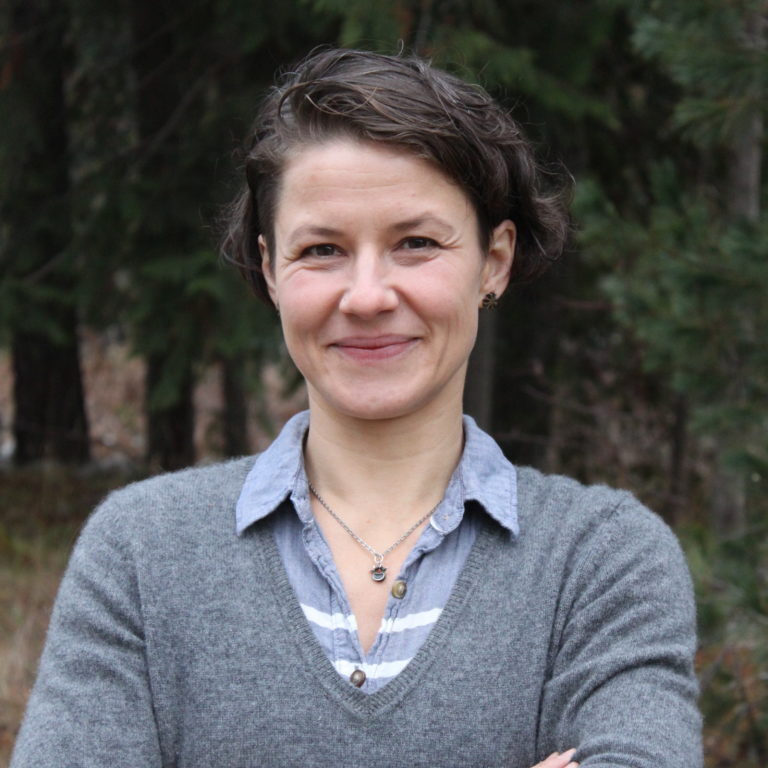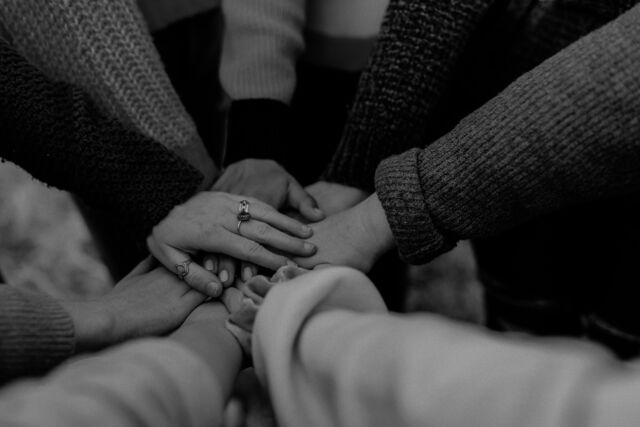
Our Mission
- Promote successful Indigenous language fluency
- Building a network for implementing advanced Indigenous fluency transfer systems
- Cultivating and sharing best practises for restorative process
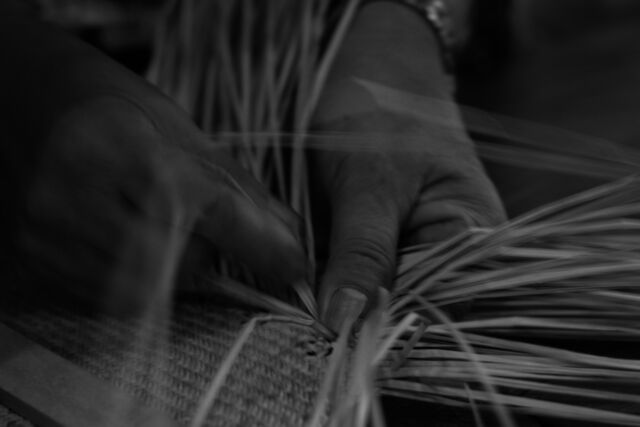
Our Work
We promote the Indigenous Language Fluency Transfer System (ILFTS) with hands on supports and tools. It is our explicit goal to show a pathway toward advanced fluency and support communities with creating and implementing the ILFTS.
